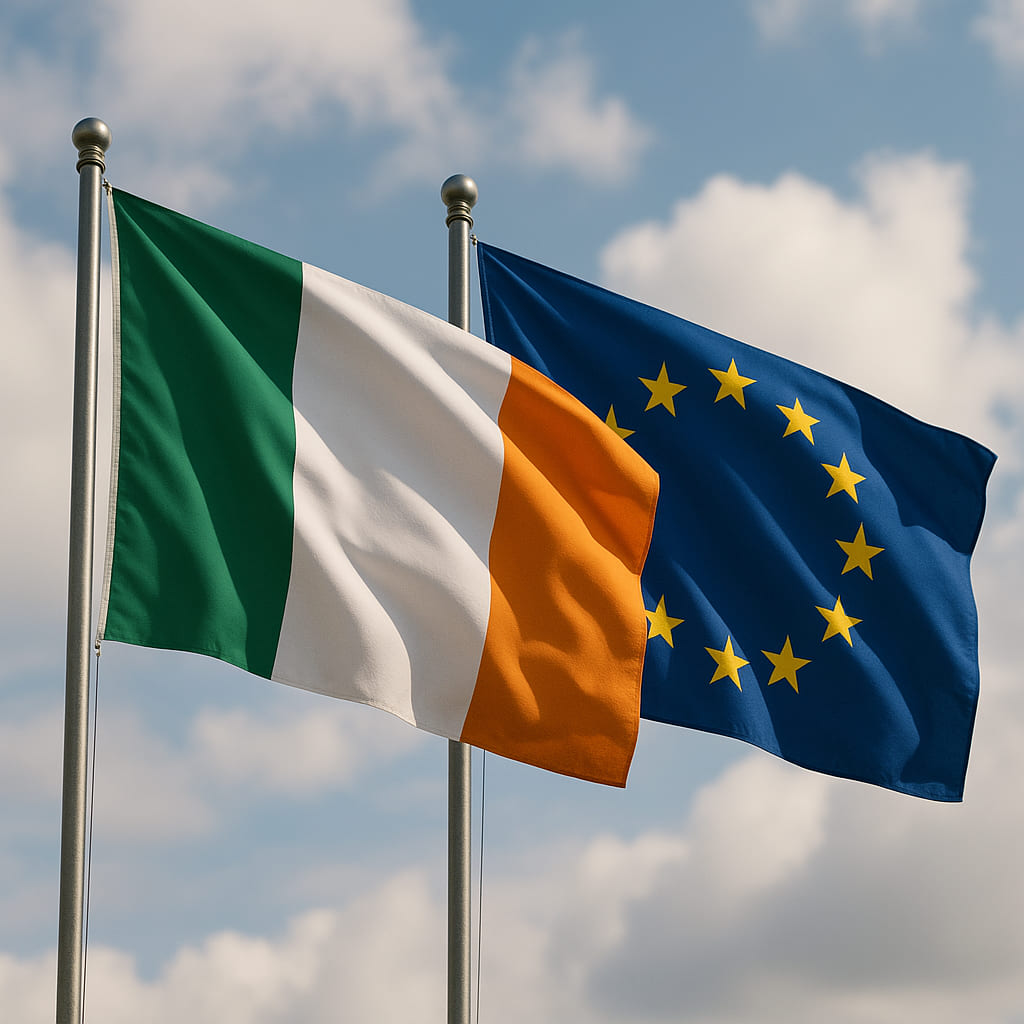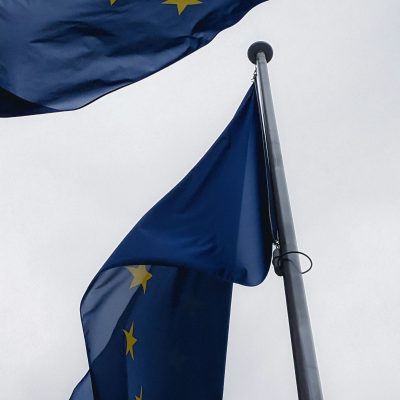Ireland and Europe: Continuity and change, the 2004 presidency
Rarely will a presidency have begun with such a stark contrast between the obviousness of the subjects to be tackled and the uncertainty as to how to approach them.

On the first of January 2004, Ireland will assume the Presidency of the European Council for the sixth time”. Brigid Laffan opens her report with this phrase in her usual cursory and succinct way. Rarely will a European Presidency have begun with such a stark contrast between the obviousness of the subjects to be tackled and the uncertainty as to how to approach them. Enlargement to ten new countries will take effect as of 1st April 2004, and it is not easy to identify precisely what this major, but widely anticipated, event will change in terms of the Union’s day-to-day life. The text transmitted by the Italian presidency leaves out the “Constituent process” as a blank page, and then is nothing, at least not for the time being, indicating that then is the will to surmount this failure.
The financial framework for the 2007-2013 period is set to become the subject of public debate, and it is unclear whether the Union will tackle this issue with ambition or short-sightedness. Unsurprisingly, these are the three main priorities of the Irish Presidency. I would add governance for the euro zone to the list. This has become an unavoidable issue, and, to my knowledge, no solution able to remove the imb alances arising from the revaluation of the Stability Pact has been put forward. Reiterating the fact that these issues should fuel the campaign for the European Parliament elections to be held at the end of the six months more or less completes the picture. Unless an external event reminds Europe of its international responsibilities in the meantime.
Ireland’s history in Europe reflects the uncertainties that are currently hanging over the largely predictable schedule of its Presidency. Brigid Laffan clearly explains that this history contains two contrasting movements. The first was the five successive economic modernisation programmes implemented since 1987. These programmes were based on a solid social consensus and underpinned by an unprecedented move towards European cohesion – the “Delors packages”- and they spectacularly moved Ireland away from its peripheral position and enabled it to become the stage of an emblematic economic miracle.
The second movement, however, saw Ireland shift gradually from wanting to be a model student in the European class (small communautaire member) to adopting an attitude focused on its immediate interests. The country’s gradual move away from certain aspects of European integration, in particular in fiscal, social and environmental terms, was demonstrated clearly with the failure of the referendum in June 2001.
This dual movement of economic success and a declining appetite for integration is not specific to Ireland. It reflects a deterioration in the desire of Europeans to live together, which I believe to be the most worrying feature of the current state of the Union. This current mood is abhorrent, and I will be careful not to blame those countries that we sometimes refer to as the “cohesion countries”.
Nonetheless, Ireland has the opportunity to leave its mark via its handling of several issues that are crucial to the cohesion of the enlarged Union. It could draw inspiration from its experience in this matter. It could also voice its more recent reservations about pursuing integration in areas that are decisive for internal cohesion, in which case the outcome would clearly be different.
My attachment to the strong personality of this country, the memory of the considerable role it has always played in Europe and the friends I have there mean I can look beyond this uncertainty with hope.





